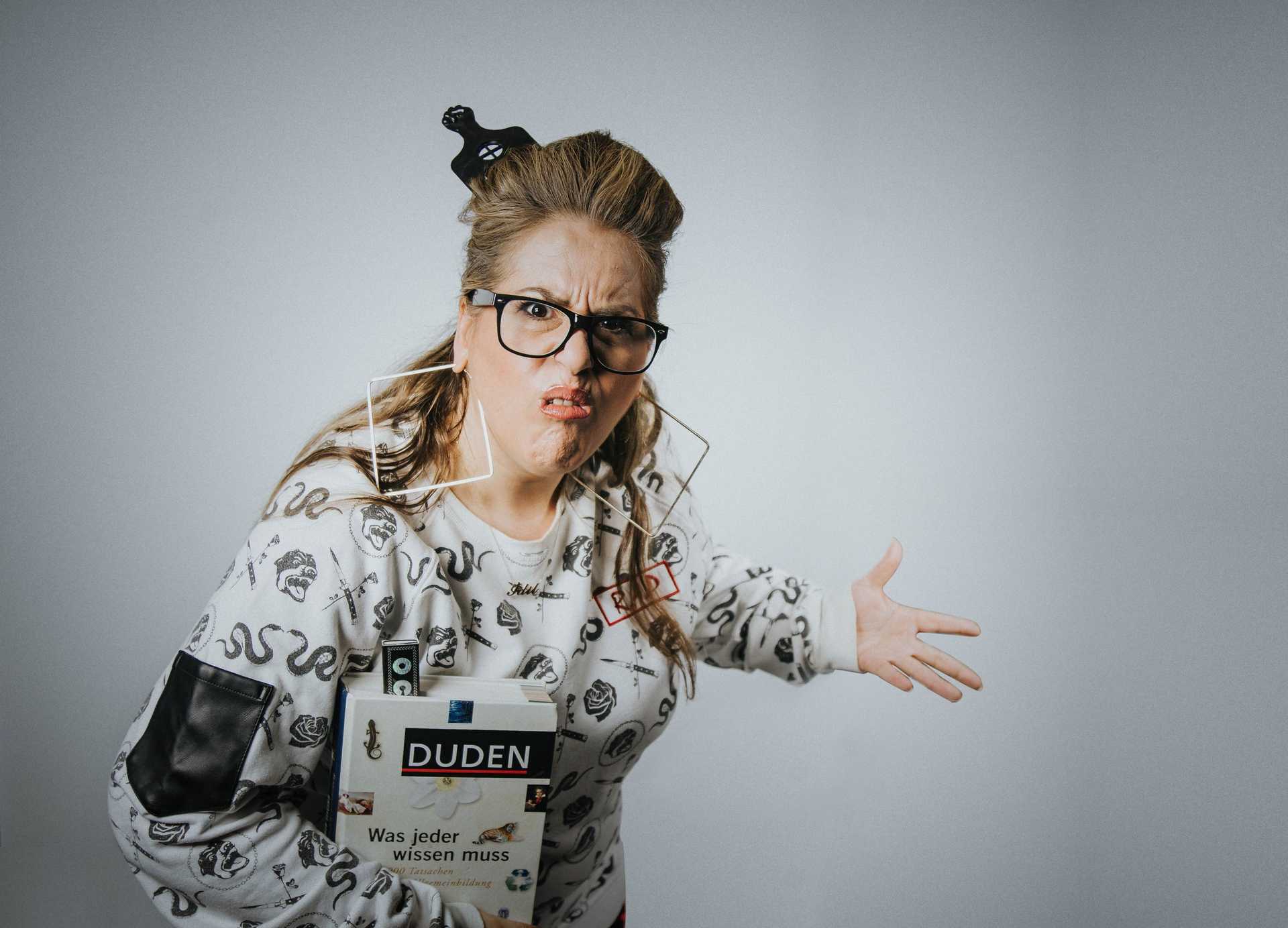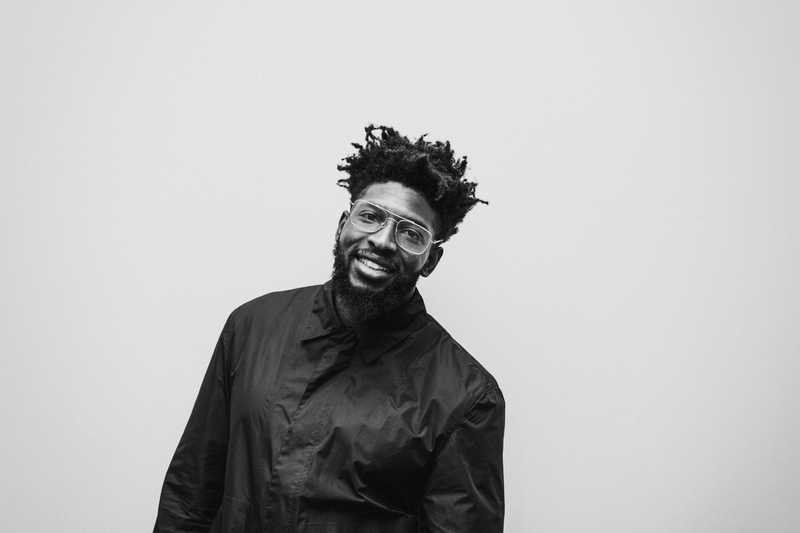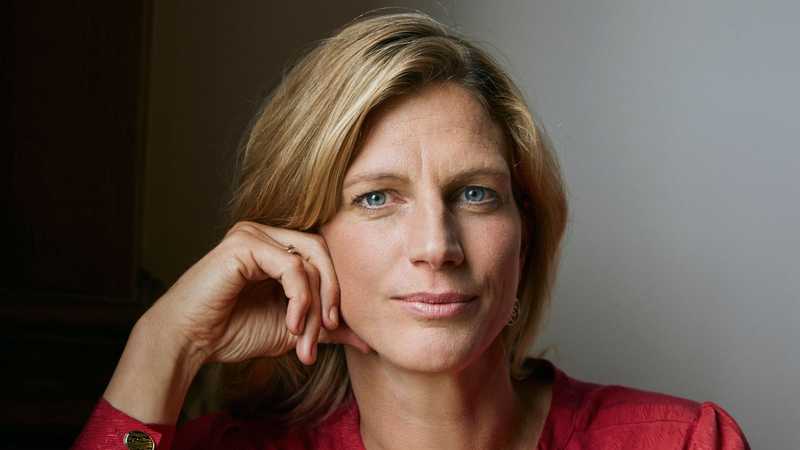“I grew up in a country where I was told to never forget, from a young age.”Idil Baydar
Our new fellow Idil Baydar: shatter the integration nightmare
Three questions for our fellows: Idil Baydar is is a multidimensional and award-winning artist, living in Berlin, who initiates intersectional, anti-racist discourses with socio-critical art. She works with youth institutions, universities, theatres, media, authors, museums and other organizations.
July 26, 2023

Idil Baydar © Cengiz Karahan
Hello Idil Baydar!
Creating a new architecture of living together: this is Idil Baydar's intention as an Allianz Foundation Fellow. Here she answers three questions.
Where are you from in terms of how you think?
"I have a humanistic worldview which informs my perception of the world. Everyone has the same right to live in dignity, freedom and self-determination regardless of their abilities and skills. This idea matured in me during my years at the boarding school belonging to the Waldorf School Benefeld in the Lüneburger Heide. I experienced the boarding school as a space free of perceived inequality and discrimination. It didn’t matter where I came from. This early experience of being recognized continues to shape me today and gives me hope that it is possible to create a society without inequality.
Ten years ago, I created the fictional character named Jilet Ayse. Jilet is proletarian and names the pain of the immigrant generation, which is often exposed to the feeling of not being heard, which always has to function and be grateful, always say “yes” and please the larger society. After ten years on stage, I ask myself the question: What has changed in this society in that time? What conclusions has post-reunification Germany drawn after numerous anti-Semitic and racist attacks and assaults? What processes have been initiated, while Germany has to experience in all clarity that right-wing extremism and racism threaten democracy? My work as an artist is also searching for these answers: how can we still make a larger composition of a society out of it, but one that serves people as a whole?"
What would you like to use the fellowship for?
“In my career as a comedian, I have been able to communicate directly with audiences on countless stages – television and in theaters – taking them along with me and pushing them to their clichéd limits of pain. My art form has strengthened me and also confirmed by taking these performative spaces for so many years. It’s time to occupy another space and reach another audience, one that engages with the maker of Jilet Ayşe, shaped by the socio-political experiences between me and Jilet. I’m using the Fellowship to come to an intermediate conclusion – I want to produce a quintessence of these last 10 years. And I will make it available to the wider society. Unlike Jilet, I don’t want to use the theatrical stage for my storytelling, but I am inspired to reflect the artistic, political, empowering moments of the past years in the form of written texts.”
Where would you like to go? What is your vision, your long-term goal?
“In my vision, the word “enlightenment” plays a role. I think that societies that embrace enlightenment need enlightenment about enlightenment. I want to help shape a society that is fair and solidary, creating a new architecture of living together – for the next generations to come. Generations that are allowed to be even more open and, above all, much more aware – who can address things that have been inexpressible so far. I regard it as my task to break down taboos and to expand the spaces of possibility, to bring light where there is none; in other words to help create a more conscious society. Above all, this is a society aware that happiness is something universal, that everyone is entitled to it and that it is possible.”

Our new fellow Makan Fofana: the mastermind of Turfurism
Three questions to our fellows: Makan Fofana, the minister of magic, as he describes himself, is a native of a Parisian banlieue. Makan has been developing new ways of reinventing and re-enchanting neighborhoods generally considered as economically and socially deprived.
